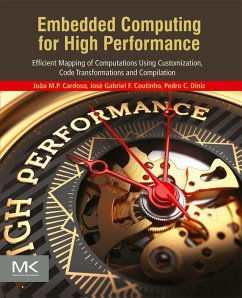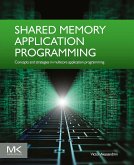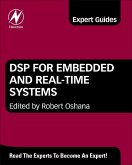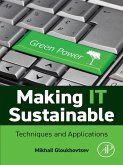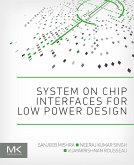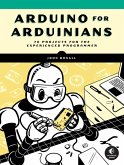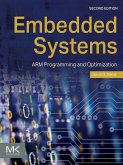The authors demonstrate a domain-specific language (LARA) that facilitates retargeting to multiple computing systems using the same source code. In this way, users can decouple original application code from transformed code and enhance productivity and program portability.
After reading this book, engineers will understand the processes, methodologies, and best practices needed for the development of applications for high-performance embedded computing systems.
- Focuses on maximizing performance while managing energy consumption in embedded systems
- Explains how to retarget code for heterogeneous systems with GPUs and FPGAs
- Demonstrates a domain-specific language that facilitates migrating and retargeting existing applications to modern systems
- Includes downloadable slides, tools, and tutorials
Dieser Download kann aus rechtlichen Gründen nur mit Rechnungsadresse in A, B, BG, CY, CZ, D, DK, EW, E, FIN, F, GR, HR, H, IRL, I, LT, L, LR, M, NL, PL, P, R, S, SLO, SK ausgeliefert werden.

